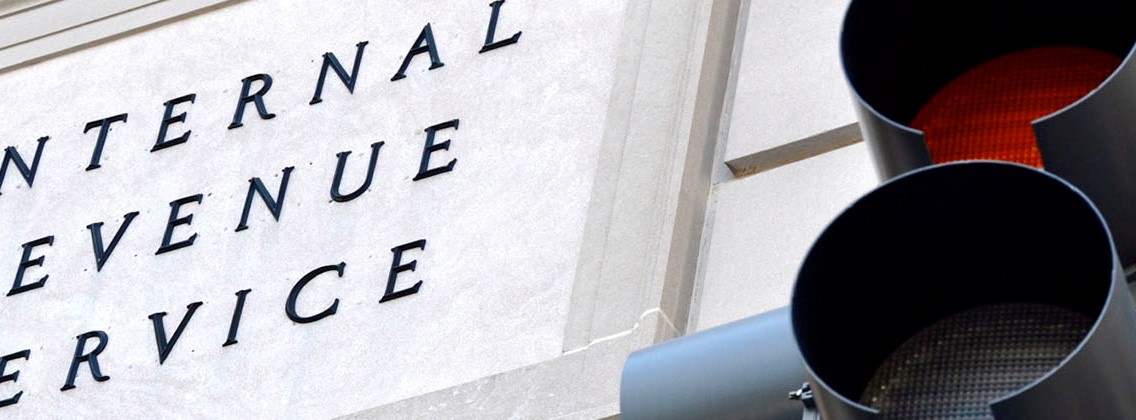If you have entered into an installment agreement with the IRS to pay overdue taxes, your obligations are simple. Make your installment payments on time, file current tax returns on time, and pay your current taxes on time. Did you notice a key phrase? ‘On time.’ When these three steps are carried out faithfully and regularly, your experience with the IRS should be smooth and uneventful. However, if an installment payment or two fall behind, ‘on time’ takes on a new meaning. Look for a letter by registered mail to arrive soon, the dreaded CP-523 Notice.
When Will the IRS send a CP-523 Notice?
Obviously, the IRS will send this notice when you have defaulted on your installment agreement. But there are some less obvious reasons that may trigger the notice as well. The most common are:
- Not providing the IRS with updated information upon request
- Not paying the full amount due on current taxes
- Not meeting the required estimated tax payments
If your income fluctuates or is seasonal in nature, it can become difficult to maintain your installment agreement payments and any estimated tax payments for the current tax year. If you fall behind and receive a CP-523 Notice, it means that the installment agreement has been placed into default status until some resolution can be reached. It has not yet been terminated.
How Should I Respond?
When your installment agreement is placed in default, you have the right to request an appeal. Commonly referred to as a CAP appeal, this gives you the right to examine the reason for the default action, remedy it, and ask for reinstatement of your agreement. It is important to note that you have 30 days from the date printed on the CP-523 Notice to file an appeal. This actually gives you less than 30 days to act, but remember – you do have some time in which to act. This means you have options.
Instructions on filing an appeal can be found on page three of the Notice. In addition to a CAP appeal, you have 30 days from the date printed on the Notice to remedy the reason for the default. If a simple missed payment is due, make the payment within the 30 day period. If a request for information was inadvertently missed, update the needed information. If the problem is simple, an appeal may not be necessary.
Do not count on the IRS to reinstate your installment agreement automatically when the issue is resolved. Numerous details can become lost in the shuffle in any large bureaucracy. Contact the IRS directly and speak to a representative concerning the actions you have taken to resolve the outstanding issue. Ask for a confirmation of your actions from their end, and specifically ask for reinstatement. Record the agent’s name and any case numbers shared during the conversation. Keep this important information with the other files regarding your tax debt and installment agreement.
Don’t Face Tax Challenges Alone!
Maintaining your installment agreement as well as your estimated tax payments can be tough. Especially when you have a family, a career or business, and numerous other obligations. Let the tax experts at Reliance Tax Group be your number one team when you have tax questions or difficulties. Our tax professionals work on a flat fee basis and provide fair, legal, and successful representation for numerous clients with tax issues. When you need help negotiating your position with the IRS, give us a call at (720) 452-2915 or contact us online to arrange your free consultation.










